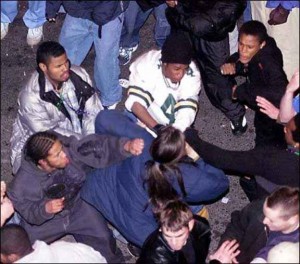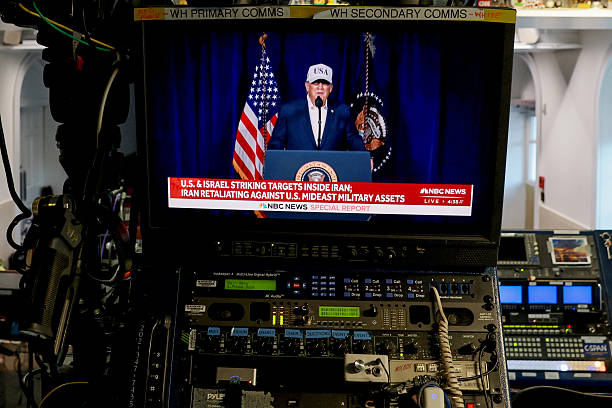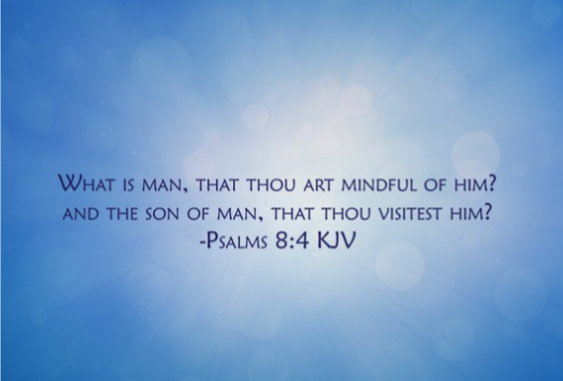(ThyBlackMan.com) The reports of Black teenagers participating in allegedly racist assaults on White patrons of the Wisconsin State Fair in West Allis, Wisconsin on August 4 prompted outrage throughout the Midwest, and for some people, lent credence to the bigoted, hackneyed American stereotype of a monolithic Black culture rife with violence and criminality. Yet far from becoming fodder for tabloid-caliber, racist White journalists or right-wing bloggers, this unfortunate incident has received relatively little coverage in most nationwide media markets. Even conservative blogger-extraordinaire Andrew Breitbart, of Shirley-Sherrod-is-a-racist-in-the-Obama-administration-video-hoax fame, has barely breathed a word about the Wisconsin State Fair. Why?
Could it be that this violent episode is symptomatic of a larger and ever-growing problem in America, and particularly in Wisconsin, a state ravaged by a racial, political, and economic divide so profound it has recently become one of the most significant battlegrounds for class warfare in American history? Why have similar episodes of violence occurred with increasing frequency in places like Chicago, Philadelphia, and Montgomery County, Maryland? Is there something  fundamentally wrong with America today that might foment such violence, as evidenced by the deep-seated rage felt by African-American youth in Wisconsin and elsewhere, or the very real social disenfranchisement they experience after attending underfunded public schools in economically and racially segregated neighborhoods that do not prepare them to secure gainful employment after graduation?
fundamentally wrong with America today that might foment such violence, as evidenced by the deep-seated rage felt by African-American youth in Wisconsin and elsewhere, or the very real social disenfranchisement they experience after attending underfunded public schools in economically and racially segregated neighborhoods that do not prepare them to secure gainful employment after graduation?
Is there something wrong with an African-American unemployment rate that is continually three times higher than that of White Americans across the U.S.? Is there something fundamentally wrong in an America where Wall Street bankers coolly make millions betting against the likelihood of working-class families being able to repay sub-prime mortgage loans with skyrocketing interest rates? Is economic oppression a form of violence? If so – why are African-American communities disproportionately victimized in the U.S.? America may loathe talking about the Wisconsin State Fair incident because it exposes a dangerous truth lodged deep in our collective American subconscious: that the marauding African-American teenagers at the Wisconsin fair were not the products of a stereotypically criminal Black culture overly-influenced by MTV hip-hop music, but rather of a distinctly and recognizably American culture of racism and violence.
For me, the Wisconsin State Fair disorder was reminiscent of the wonton looting and wholesale carnage of the London riots days later, with the same explosive public rage and racial and class undertones – broadcast into American living rooms by intrepid British journalists in the midst of what appeared to be a social cataclysm in the United Kingdom. Both incidents – the Wisconsin State Fair mob attacks and the London riots a few days later, have prompted me to begin thinking about the politics of rage, and how these politics have operated with increasing potency in American society since the financial market collapse of 2008.
Since America’s economic woes began three years ago, it seems “rage” has been everywhere – from the “rage” of small investors cheated by Bernie Madoff to the street “rage” of Black, undereducated, and unemployable Philadelphia teenagers participating in “flash mob” robberies, to Tea Party “rage” – most notably, Newsweek magazine dubbed Tea Party darling and presidential candidate Michelle Bachmann the “Queen of Rage” on its cover – signifying that in the current economic climate African-American youth does not have a monopoly on the subject. And who can fault those infected by public outrage? I and everyone else watched super-rich Wall Street tycoons flout the rapaciously capitalist-sink-or-swim-free-market system embraced by the United States since its inception when they used their financial clout to force Washington politicians to give them a tax-payer funded “bail-out”. When Jamie Dimon of J.P. Morgan Chase & Co. and Lloyd Blankfein of Goldman Sachs accepted a bail-out at the expense of the middle-class, after nearly ruining their respective financial houses, they destroyed public faith in American free enterprise. Worse still, stories of Wall Street fraud since 2008 have exposed a deep and ugly truth about American society: greed, even at the expense of others, is an American value.
During the Great Recession, America has become mired in a toxic national dialogue about race and class that has exposed the American Dream as a sort of chimera for many – attractive, but ultimately unachievable. American cultural apologists cannot account for the violence at the Wisconsin State Fair, even as they acknowledge the existence of an American popular culture that glorifies violence, broadcasts scandal, mocks the value of education, and saturates the national and international media with images of opulence that is unattainable for people who live in the segregated slums of northwest Milwaukee, south central Los Angeles, or Tottenham, London. Moreover, our young people have been imbued by MTV with a pernicious, and uniquely American culture of instant gratification that values quantitative, short-term gain (i.e. “fast cash”) at any moral cost over civility and the sort of qualitative achievements that build communities, such as a high school diploma. Of late, MTV rap moguls and Wall Street white-collar criminals alike have sent a clear message to our kids – that there is no objective moral dimension to American capitalism, and it is therefore acceptable to do violence (of all kinds) to fellow citizens in the furtherance of personal gain. This violence takes many forms – theft and discrimination, for example. If this cynical attitude has carried over from the popular culture into our American homes, schools, universities, and workplaces, is it any wonder that hordes of disillusioned Black teenagers have acted out this cultural attitude?
We as Americans should recognize that we now live in a society where polite civic discourse became outmoded first by the unmitigated (and unregulated) Wall Street greed of the 1980s’ and 90’s, and then later by the populist politics of rage we see today. Even so, we should firmly condemn the violence at the Wisconsin State Fair and similar episodes as inexcusable, and remind our young people that violence does not create converts to the cause of social justice. We should continue to teach our kids that fair-mindedness, honesty, hard work, and education are still the most reliable pathways to success, even in the face of a “reality television” counter-culture in this country that insists otherwise. But we should also stand firm in a commitment to advocate for change in an American culture that promotes violence, and in which minority communities are underrepresented among the nation’s financial elite largely because of that violence. The future of America may depend on it.
Staff Writer; David Christopher Steele, M.A.
Official website; http://www.facebook.com/steele.dave88

















David, you seem to be very objective and intelligent. I don’t agree with all of your points but I imagine that is because we have had different perspectives through a lot of our lives. What I want to know is, aside from setting a positive example, what can we as Americans (white, black, other) do to break a vicious cycle of poverty > under-eduaction > unemployment > poverty? I don’t think affirmative action is the answer and I would hazard that you probably agree. I don’t believe that we can simply throw more money at the public school system with any measure of efficiency. What else is there?
The USA is being flooded by immigrants because employers said they cannot find workers. They are happy to hire Mexicans.
So these African American youths–who shun books, show up in school to play music, talk on cells and seek sex or drugs, wear their pants down at their knees and deliberately avoid learning Standard American English–are enraged because they cannot get jobs? Don’t even make me laugh by calling that a stereotype as it’s so prevalent a phenomenon as to easily eclipse the word stereotype.
maybe because that is what some white people did to thier parents. my uncle was killed by the klan because a white woman said he had whistled at her and my father (his brother) never got over it and it destroyed our family.